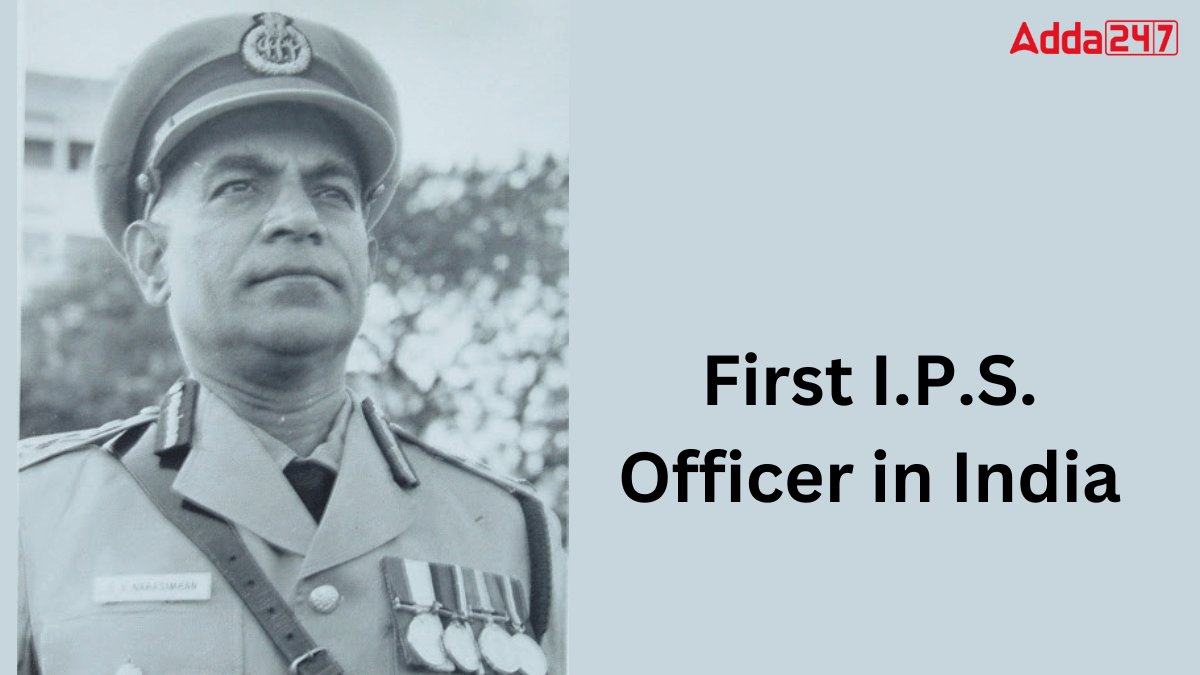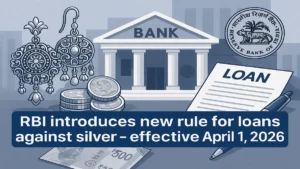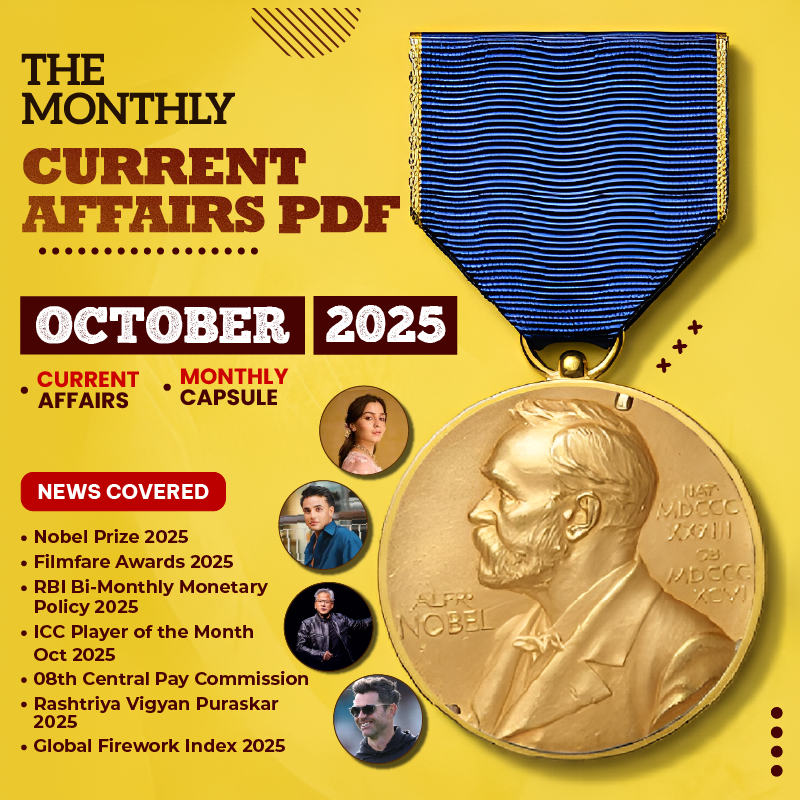The Indian Police Service (I.P.S.) is a respected profession in India, responsible for maintaining law and order across the country. The first officer to join the IPS after independence played a key role in shaping the service with their dedication, courage and commitment to the nation. In this article, we will know about the “First I.P.S. Officer of India” in this article.
First I.P.S. Officer in India
The first I.P.S. officer of India was C.V. Narasimhan. He joined the Indian Police Service (then Imperial Police) in 1948 after India’s independence. Narasimhan was known for his honesty, efficiency and dedication to law enforcement. His leadership set a strong foundation for the modern police system in India.
Key Details About C.V. Narsimhan
- Date of birth: 21st May 1915
- Place of birth: Madras, India
- Occupation: ICS Officer
- Death: 02nd November 2003
Early Life and Education
Chakravarthi Vijayaraghava Narasimhan was born on May 21, 1915, in Madras (now Chennai), India. He received his early education at St. Joseph’s College, Tiruchirapalli, and later studied at the University of Madras. For higher studies, he attended Oxford University in the United Kingdom.
Entry into the Indian Civil Service
In September 1937, Narasimhan joined the prestigious Indian Civil Service (ICS), which was a key administrative service during British rule. He served as a Deputy Secretary in the Development Department of the Madras Government. In 1946, for his work, he was honored as a Member of the Order of the British Empire (MBE).
Leadership and Achievements
Narasimhan’s leadership extended beyond police services. His administrative prowess earned him senior positions within the Tamil Nadu police force and crucial roles within the Government of India. From his tenure as the Director of the Central Bureau of Investigation (CBI) to his pivotal role as the Member Secretary of the National Police Commission, Narasimhan’s contributions were instrumental in shaping the nation’s security landscape.
International Journey
Narsimhan’s transition to the international stage occurred when he joined the United Nations Economic Commission as Executive Secretary for Asia and the Far East showcasing his expertise in economic development and his commitment to fostering cooperation among nations.
Educational Leadership of C.V. Narsimhan
Narsimhan’s influence extended beyond the domain of law and order. His role as the Chairman of P.S. Charities and President of the Vivekananda Educational Society showed his contribution to education and social welfare. Through these organizations, he played a crucial role in shaping the lives of countless individuals, particularly through the operation of 24 schools near Chennai.
Awards and Recognition
Narasimhan dedication and service received some awards and recognition, these are: The Police Medal for commendable service in 1962 and the President’s Medal for outstanding service in 1971 were reflective of his unwavering commitment to duty. These awards stand as testaments to his enduring impact on law enforcement and his nation.






 What is the new RBI rule about loan agai...
What is the new RBI rule about loan agai...
 National Legal Services Day: Access to J...
National Legal Services Day: Access to J...
 Uttarakhand Foundation Day 2025: Celebra...
Uttarakhand Foundation Day 2025: Celebra...







